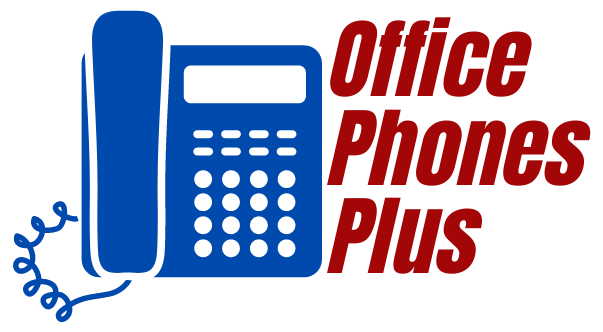What is Telecommunications?
When you hear the word “telecommunications,” what comes to mind? Maybe you instantly think of your phone service. That’s been the typical go-to for many businesses over the years — and it’s still a valid method of telecommunications — but the 21st century offers so many other ways for you and your customers to communicate. Text messaging, email, and video calls are among the many other methods of telecommunications that are improving the way modern businesses interact with their customers.
What is telecommunications?
As we established, some people confuse telecommunications service with simply having a phone carrier. Some might even go so far as to think, “Why do I need telecommunication service if I already have a phone carrier?” The reality is that phone service is just one of many services telecommunications encompass.
Think about it like this: For comparison, this would be like saying, “Why do I need transportation if I already have a car?” A car is just one method of transportation, and there will be plenty of times when you need to take a shuttle, a train, or a plane. It’s the same with phones and telecommunications — you might use a phone often, but there are many other forms of telecommunications.
Telecommunications encompasses the transfer of messages and information through many methods of technology, sometimes through phone service and other times through internet service. Those telecommunications could include text-based messages, such as email or texting, or it could be as complex as video messages, with visual and audio components. When you subscribe to telecommunications services, you’ll likely be getting phone service as well, and many phone service providers include additional telecommunications in their offerings as well (such as television or internet access).
Are there other means of telecommunications beyond phone service that would be beneficial for your business? It’s very likely!
What services are considered telecommunications?
Here are just a few of the many telecommunications that businesses frequently rely on:
Voice Calls
This is what you think of when you think of a phone service. It’s the traditional voice communication between two users transferred either through phone wires or wirelessly.
Messaging Services
Think of this as texting. Message services might include short message service (also known as SMS) or multimedia message service (MMS) if it includes images or video. The data in these messages could be sent wirelessly via wireless phone service or they could be sent via WiFi. Messaging services could include standard text messaging, Apple’s iMessage, or messages via other apps like WhatsApp.
Internet Access
Whether you’re accessing the internet via wire or wireless connection, this puts you on the World Wide Web and all the platforms built into it, including email platforms, search engines, and websites.
Email Services
You could access an email service through a website or through an app loaded onto your device, which allows you to send digital mail for both personal and business use.
Video Calls
Video communication through platforms like FaceTime, Skype, or Zoom give you an opportunity to see and hear a person in real-time, creating a much stronger connection between the two parties.
VoIP (Voice over Internet Protocol)
Think of VoIP as the crossover between video calls and voice calls—you’re using audio-based messaging, but you’re doing it through an internet connection rather than a phone carrier. If you’ve ever made an audio-only call through FaceTime or recorded a voice memo through Loom, you’ve used VoIP.
Teleconferencing Services
Multiple users in different locations have the opportunity to participate in audio or video conferences simultaneously through teleconferencing services, whether those are group video calls (think Zoom or Teams) or simply conference calls over a phone service.
Cloud Services
Finally, think about the storage you need to have for your business. A cloud service provides storage, computing power, and other resources over the internet.
What does all this mean for my business?
As you can see, there are so many other ways of communicating above and beyond a simple phone line. When you ignore or neglect all those methods of communication, you miss out on hearing from your customers.
More importantly, a telecommunications service can help advise you about communications methods you didn’t know existed. For example, what if you could get your voicemails forwarded from your office line to your mobile device? Or you want to pause your work email from reaching your personal smartphone when you’re enjoying vacation? These options are the kinds of moves a telecommunications service can help you set up.

